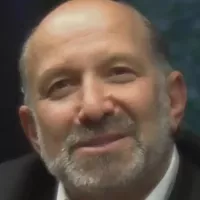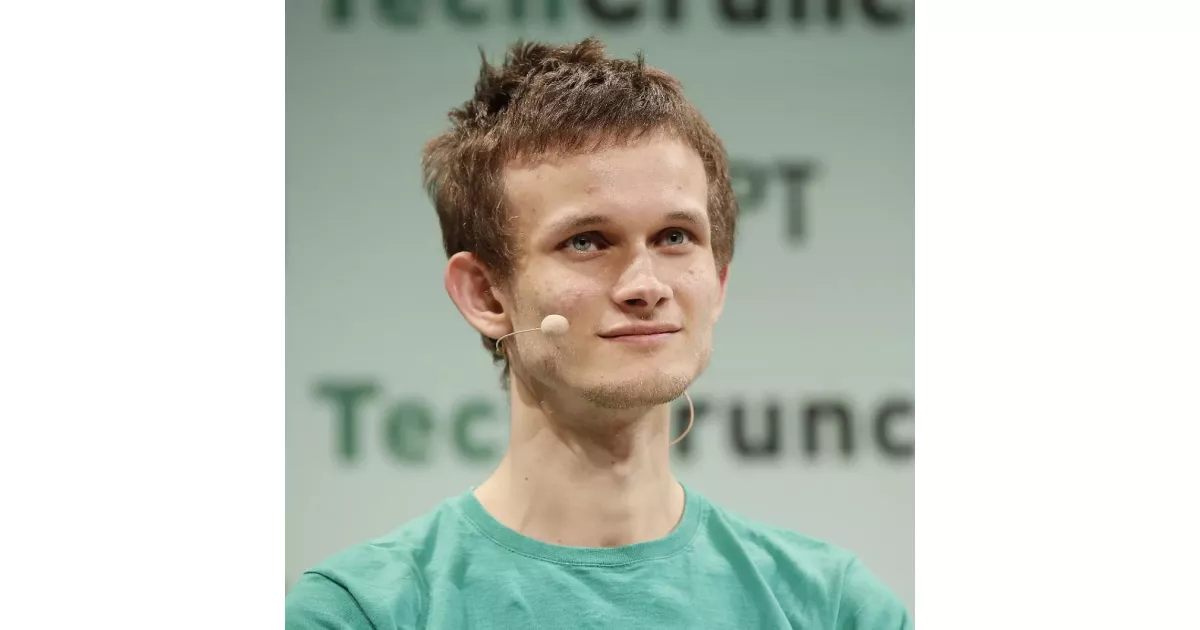2007: World of Warcraft Experience and Centralization Concerns
Vitalik Buterin played World of Warcraft from 2007 to 2010. An incident where the game developers modified a game mechanic led him to realize the potential downsides of centralized services.
2010: Quitting World of Warcraft
Vitalik Buterin decided to quit World of Warcraft in 2010 after an incident involving changes to the game by the developers.
September 2011: Writing for Bitcoin Publications
Vitalik Buterin began writing for Bitcoin Weekly in 2011 and later became a co-founder and leading writer for Bitcoin Magazine in September 2011.
2011: Early Involvement in Cryptocurrency
Vitalik Buterin became involved with cryptocurrency and co-founded Bitcoin Magazine in 2011.
2012: Bitcoin Magazine and Ripple
Bitcoin Magazine, with Vitalik Buterin as a co-founder, started publishing a print edition in 2012. Buterin's attempt to work for Ripple was unsuccessful due to visa issues.
2012: Academic Achievements and Research
In 2012, Vitalik Buterin won a bronze medal at the International Olympiad in Informatics. He also pursued studies at the University of Waterloo, where he worked as a research assistant for cryptographer Ian Goldberg.
November 2013: Ethereum White Paper Publication
Vitalik Buterin published the Ethereum white paper in November 2013, proposing a new platform with a scripting language for application development.
2013: Exploration and Inspiration
Vitalik Buterin traveled to meet with developers who shared his passion for code in 2013. He returned to Toronto and published a white paper proposing Ethereum.
2014: Ethereum Development and Thiel Fellowship
Vitalik Buterin received a Thiel Fellowship in 2014 and dropped out of university to focus on Ethereum full-time.
2015: Ethereum Blockchain Deployment
In 2015, Vitalik Buterin, along with Gavin Wood, Charles Hoskinson, Anthony Di Iorio, and Joseph Lubin, deployed the Ethereum blockchain.
2016: Editorial Board of Ledger
Vitalik Buterin joined the editorial board of Ledger, a scholarly journal focused on cryptocurrency and blockchain technology, in 2016.
June 2017: Meeting with Vladimir Putin
Vitalik Buterin met with Russian President Vladimir Putin in June 2017 at the St. Petersburg International Economic Forum (SPIEF).
November 2018: Honorary Doctorate
Vitalik Buterin received an honorary doctorate from the University of Basel's Faculty of Business and Economics in November 2018.
2018: Desire for Research Focus
In 2018, Buterin's father suggested that Vitalik preferred to concentrate on research and was not thrilled with the excessive importance placed on him by the community.
2019: Collaboration with Glen Weyl and Publication
Vitalik Buterin collaborated with economist Glen Weyl, leading to the publication of a paper in 2019 that proposed a method for funding public goods using quadratic voting.
2020: Gratitude for Ethereum and Interdisciplinary Work
In 2020, Buterin expressed gratitude for the opportunity to work in the interdisciplinary field of Ethereum, collaborating with experts from various domains.
August 2022: Quadratic Funding Impact
By August 2022, quadratic funding, a method Buterin helped develop, had allocated over $20 million to open-source software projects.
2022: Support for Ukraine and Criticism of Russian Invasion
Vitalik Buterin expressed his support for Ukraine during the Russian invasion in 2022, condemning the attack and engaging in a public disagreement with a Russian media figure.
Mentioned in this timeline

Vladimir Vladimirovich Putin is a Russian politician and former intelligence...
Ukraine is a country in Eastern Europe the second-largest on...

Ethereum is a decentralized open-source blockchain platform notable for its...
Cryptocurrency is a digital currency operating on a decentralized network...
Canada is a North American country the second largest in...
Russia officially the Russian Federation spans Eastern Europe and North...
Trending

13 minutes ago Kris Dunn Shines: Steals the Show with Impressive Defensive Performance for Clippers

13 minutes ago Queta's Hilarious Clip Evokes Mazzulla Memories: A Lighthearted NBA Moment

13 minutes ago Howard Lutnick faces potential subpoena in Epstein investigation, House Republicans consider deposition.

14 minutes ago Nakashima at Acapulco Open 2026: Match Predictions and Results Analysis.

14 minutes ago Donte DiVincenzo's Underrated Impact on Timberwolves: A Deep Dive into His Contributions

14 minutes ago Luka Don?i?'s Botched Play and Sam Mitchell's Criticism Doom Lakers Against Magic
Popular

Jesse Jackson is an American civil rights activist politician and...

Barack Obama the th U S President - was the...

Susan Rice is an American diplomat and public official prominent...

XXXTentacion born Jahseh Dwayne Ricardo Onfroy was a controversial yet...

Michael Joseph Jackson the King of Pop was a highly...

Kashyap Pramod Patel is an American lawyer who became the...
